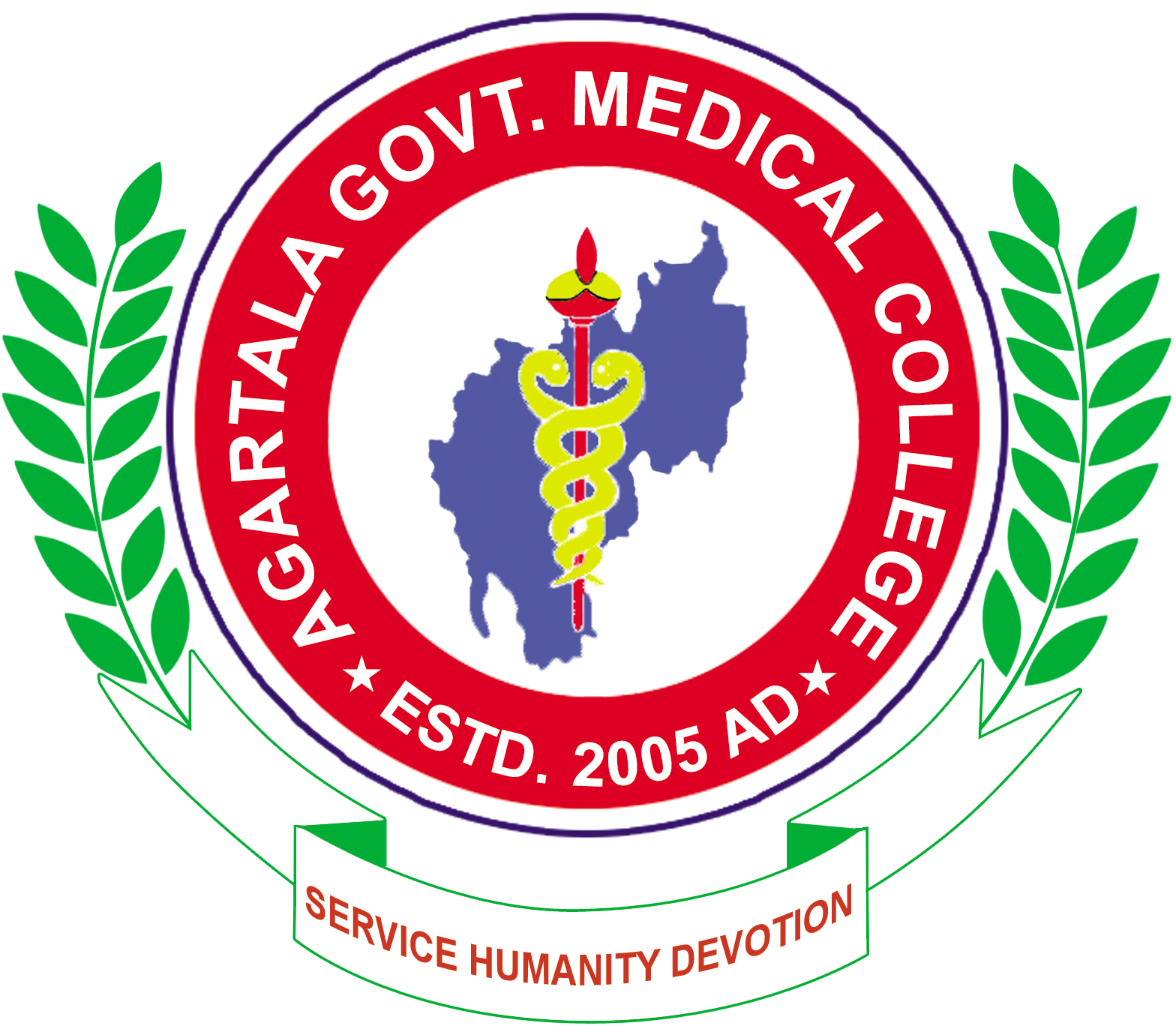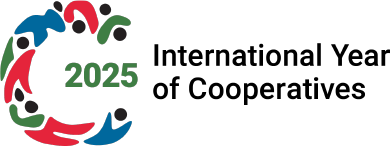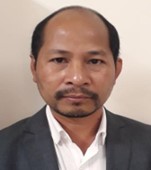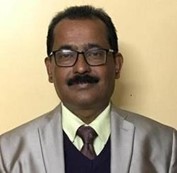Department of Community Medicine
The Department of Community Medicine at Agartala Government Medical College (AGMC) focuses on public health, preventive medicine, and community-based health care. Here’s an overview of the department’s structure and offerings:
1. Academic Curriculum:
The department offers education in community medicine to undergraduate (MBBS) and postgraduate students (MD Community Medicine). Key areas include:
- Public Health: Study of health promotion, disease prevention, and health systems management.
- Epidemiology: Methods for studying the distribution and determinants of health-related events in populations.
- Biostatistics: Application of statistical techniques to analyze health data and support research.
- Preventive Medicine: Strategies to prevent diseases and promote health at the individual and community levels.
- Health Services Administration: Management of health services, including planning, organization, and evaluation of health programs.
- Environmental Health: Study of environmental factors affecting health, such as sanitation, pollution, and occupational hazards.
2. Community Health Services:
The department is involved in various community health initiatives and services:
- Health Camps: Organizing free medical check-ups, vaccination drives, and health education sessions in underserved areas.
- Screening Programs: Conducting screening for chronic diseases like diabetes, hypertension, and cancer.
- Health Education: Providing information on nutrition, hygiene, family planning, and disease prevention through community outreach programs.
- Emergency Preparedness: Planning and executing strategies for disaster response and management.
3. Faculty:
The department consists of experienced public health professionals who provide education, conduct research, and lead community health initiatives. They mentor students in public health practice and research.
4. Workshops, Seminars, and Conferences:
The department regularly conducts:
- Workshops on Community Health: Training in topics like health education, disease prevention, and program evaluation.
- Seminars on Public Health Issues: Addressing contemporary issues such as emerging infectious diseases, health policy, and health disparities.
- Conferences on Epidemiology and Biostatistics: Exploring advances in epidemiological research and statistical methods for health data analysis.
5. Facilities and Resources:
- Lecture Halls: Equipped with multimedia tools for delivering interactive lectures and presentations.
- Community Health Centers: Facilities for conducting health services, including outpatient care, health education, and preventive services.
- Field Research Stations: Locations for conducting community-based research and health assessments.
- Library Resources: Access to textbooks, journals, and online databases on public health, epidemiology, and community medicine.
6. Research and Publications:
The department is actively involved in research in areas such as:
- Epidemiological studies on disease patterns and risk factors.
- Evaluation of public health programs and interventions.
- Research on environmental health issues and their impact on communities.
- Development of innovative strategies for health promotion and disease prevention.
7. Student Involvement:
- Field Training: Students participate in community health projects, health camps, and data collection for public health research.
- Research Projects: Opportunities for students to engage in research on community health issues and contribute to public health initiatives.
- Community Service: Students are involved in health education programs, vaccination drives, and outreach activities.
8. Collaborations:
The department collaborates with government health departments, non-governmental organizations (NGOs), and international agencies to enhance public health programs and research.
9. Future Directions:
The department aims to:
- Expand community health programs and increase outreach efforts to underserved populations.
- Enhance research in areas like health systems strengthening, health equity, and sustainable development.
- Develop new educational modules and training programs in public health and community medicine.












